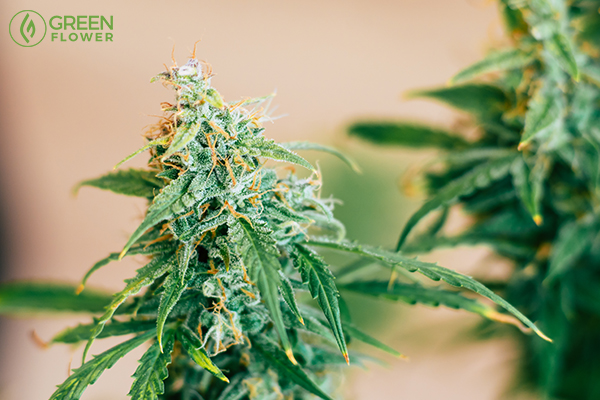The cannabis industry has experienced significant growth and transformation over the past decade, driven in large part by the increasing legalization and decriminalization of cannabis products. One of the key compounds contributing to this economic boom is Delta-9-tetrahydrocannabinol Delta-9 THC, the primary psychoactive component of cannabis. The economic impact of Delta-9 THC is multifaceted, influencing various sectors including agriculture, retail, healthcare, and taxation.
Agricultural and Production Growth
The cultivation of cannabis for Delta-9 THC production has led to a substantial increase in agricultural activity. Farmers and agricultural businesses have shifted focus to cannabis farming due to its high profitability compared to traditional crops. This shift has spurred investment in advanced agricultural technologies, including hydroponics, greenhouse automation, and genetic engineering to optimize yield and potency. The rise of cannabis farming has also created numerous job opportunities, from field workers to agricultural scientists, boosting local economies in regions where cannabis cultivation is legal.

Retail and Consumer Market
The legalization of cannabis has given rise to a robust retail market, with dispensaries and cannabis shops becoming common in many states and countries. These establishments offer a variety of Delta-9 THC products, including flowers, edibles, tinctures, and concentrates. The consumer market for Delta-9 THC is diverse, encompassing recreational users, medical patients, and wellness enthusiasts. The demand for Delta-9 THC products has led to the emergence of numerous brands and product lines, each vying for market share through differentiation in quality, potency, and user experience.
The retail market’s expansion has had a ripple effect on ancillary industries such as packaging, marketing, and security services. Companies specializing in these areas have seen increased business as dispensaries and producers seek to comply with regulatory standards and attract consumers.
Healthcare and Medical Research
Delta-9 THC’s medicinal properties have been a significant driver of its economic impact. Research has shown that Delta-9 THC can be effective in treating conditions such as chronic pain, nausea, and appetite loss, particularly in patients undergoing chemotherapy. This has led to the development of prescription medications containing synthetic or purified Delta-9 THC, such as dronabinol and nabilone. The integration of Delta-9 THC into the pharmaceutical industry has opened new revenue streams and investment opportunities, further fueling economic growth.
Taxation and Government Revenue
One of the most notable economic impacts of delta 8 vs delta 9 THC legalization is the substantial tax revenue generated for governments. States that have legalized recreational and medical cannabis often impose significant taxes on sales, cultivation, and distribution. This tax revenue is frequently allocated to public services such as education, healthcare, and infrastructure development. For example, Colorado, one of the first states to legalize recreational cannabis, has reported hundreds of millions of dollars in annual tax revenue from cannabis sales. This financial boon has demonstrated the potential economic benefits of legalizing and regulating Delta-9 THC.
